The University of Chicago Press, Chicago 60637
The University of Chicago Press, Ltd., London
2021 by The University of Chicago
All rights reserved. No part of this book may be used or reproduced in any manner whatsoever without written permission, except in the case of brief quotations in critical articles and reviews. For more information, contact the University of Chicago Press, 1427 E. 60th St., Chicago, IL 60637.
Published 2021
Printed in the United States of America
30 29 28 27 26 25 24 23 22 21 1 2 3 4 5
ISBN -13: 978-0-226-74521-3 (cloth)
ISBN -13: 978-0-226-74535-0 (paper)
ISBN -13: 978-0-226-74549-7 (e-book)
DOI : https://doi.org/10.7208/chicago/9780226745497.001.0001
Library of Congress Cataloging-in-Publication Data
Names: Fraistat, Shawn C., author.
Title: The liberalism of care : community, philosophy, and ethics / Shawn C. Fraistat.
Description: Chicago : University of Chicago Press, 2021. | Includes bibliographical references and index.
Identifiers: LCCN 2020035756 | ISBN 9780226745213 (cloth) | ISBN 9780226745350 (paperback) | ISBN 9780226745497 (e-book)
Subjects: LCSH : Plato. | Rousseau, Jean-Jacques, 17121778. | Godwin, William, 17561836. | LiberalismPhilosophy. | CaringPhilosophy. | Political ethicsPhilosophy.
Classification: LCC JC 574. F 73 2021 | DDC 177/.7dc23
LC record available at https://lccn.loc.gov/2020035756

This paper meets the requirements of ANSI/NISO Z 39.48-1992 (Permanence of Paper).
Our Uncaring Politics
Our politics has lost the language of care. For much of Western history, it was common to talk about political life in caring terms: the conviction that we have a political responsibility to take care of one another and that this is one of the core functions of government stretches back to antiquity. But decades of emphasis on the virtues of free markets, the evils of regulation, and a deeply individualistic understanding of citizenship have all contributed to the contemporary belief that taking care of others is a private responsibility, one that should be left to families and voluntary associations. Arguing that the exclusion of care from politics has been a critical mistake, this book calls for a liberalism of care, arguing that care and liberalism need each other. Reclaiming the language of care is essential for addressing key practical and philosophical weaknesses in contemporary liberal democratic politics, enabling us to articulate a sense of common purpose, interdependence, and shared responsibility for every member of our communities. Care affords us a new justificatory discourse for many of the traditional policies and aims of the welfare state. It also suggests new policies and programs for realizing long-standing liberal commitments to freedom and equality. In addition to showing how care can enrich liberalism, I also argue for the importance of liberalism to practices of care. I thereby contribute to contemporary literature on the ethics of care, demonstrating why liberal ideals and political structures are essential for ensuring that persons are well cared for.
I revive the tradition of care-based political theorizing through close readings of key texts in ancient and modern political philosophy, turning to three important philosophersPlato, Jean-Jacques Rousseau, and William Godwinin order to expose the centrality of caring language and caring values to long-standing debates about the proper role of government as well as the rights and responsibilities of citizens. I devote two chapters apiece to each thinker, offering fresh interpretations of Plato and Rousseau and shedding new light on Godwin, a radical utilitarian philosopher widely neglected by contemporary political theorists. None of these authors are doctrinaire liberals: Plato and Rousseau sit outside the liberal tradition, and Godwin fits uneasily within it. But their political theories contain constructive insights, as well as instructive weaknesses, that usefully challenge contemporary understandings of liberalism and care, advancing the project of thinking about the two concepts together. The book reveals a Plato whose entire ethics and politics are structured around the idea of getting individuals to take better care of themselves and others, a Rousseau who believes caring values and caring practices are vital to the education of republican citizens and the mission of republican polities, and a Godwin whose commitments to freedom and equality are complemented by a deep emphasis on care and benevolence, without which a flourishing society is impossible. Through my critical engagement with their work, I lay the groundwork for a theory of care that intertwines self-care and care for others; shows how caring educative experiences can reduce domination; explores methods of civic engagement through caring conversation; articulates a care-based case against paternalism and authoritarianism; and demonstrates that caring policies, virtues, and values are vital for preserving liberal norms and institutions.
In this introduction, I explain what I mean by care and defend my claim that liberalism cannot do without it. First, I wish to clarify what I mean by liberalism. I understand the term to designate a family of political philosophies, originating in the seventeenth century, that is exemplified by thinkers such as John Locke, John Stuart Mill, and Immanuel Kant. This philosophical traditions central moral commitments are to individual freedom, equality, and economic development. Typically, liberals believe these commitments are best secured through representative government, constitutionalism, and some form of market economy. At first blush, it might not seem obvious that liberalism as I have described it is or ought to be concerned with care. For contemporary liberals generally, and for American and Anglophone liberals in particular, there may be something counterintuitive about thinking of government as a caregiver or of a good citizen as someone who takes care of others in his or her political capacity. Yet caregiving services are among the largest public expenditures in contemporary liberal democracies, and numerous Western countries spend far more on these services than they do on their militaries. It is even stranger, then, that many today seem much more comfortable speaking of government as a defender or protector than as a provider of care. This strangeness is compounded by the fact that many of our central political debates are over how, when, and to what extent governments should provide care to citizens.
The mismatch between contemporary theoretical attitudes and what our governments actually do reflects the ascendancy of minimal liberalism, a strand of liberal thinking that conceptualizes politics as a limited partnership between autonomous, independent adults who pursue their private business while respecting the right of others to do the same. According to this understanding, the purpose of government is to act as a neutral arbiter that enforces fair rules and adjudicates disputes. Minimal liberalism is not the only way liberals have imagined what a legitimate politics looks likethe broader tradition contains civic republican, religious, moral-perfectionist, Harkening back to early liberal thinkers such as John Locke, minimal liberalisms enduring appeal is evident in its continued hold on the popular imagination and its prevalence as a structuring set of assumptions in the political theories of liberals as diverse as John Rawls, Judith Shklar, Michael Oakeshott, and Robert Nozick.

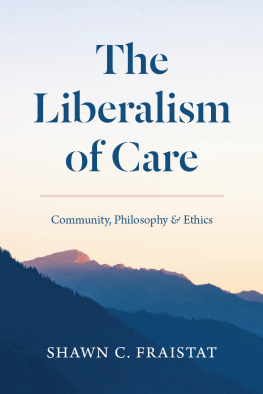

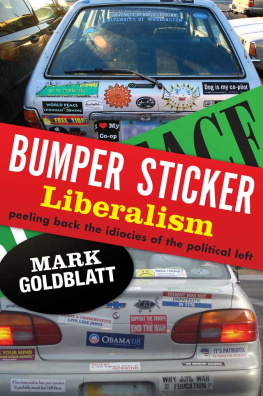
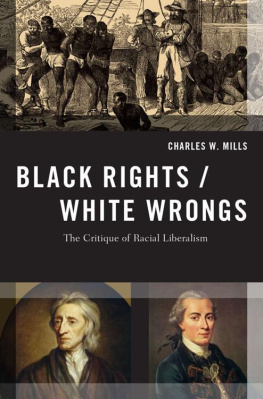
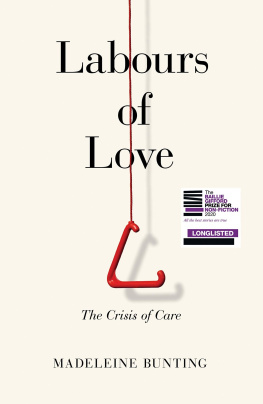
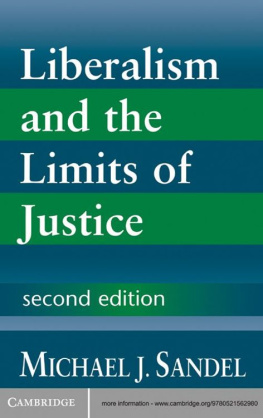
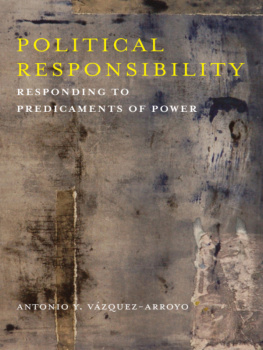

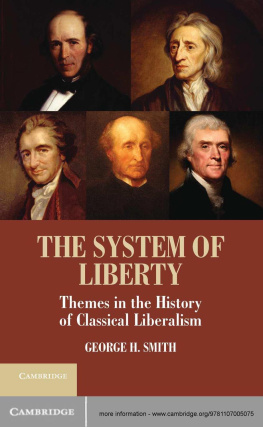
 This paper meets the requirements of ANSI/NISO Z 39.48-1992 (Permanence of Paper).
This paper meets the requirements of ANSI/NISO Z 39.48-1992 (Permanence of Paper).